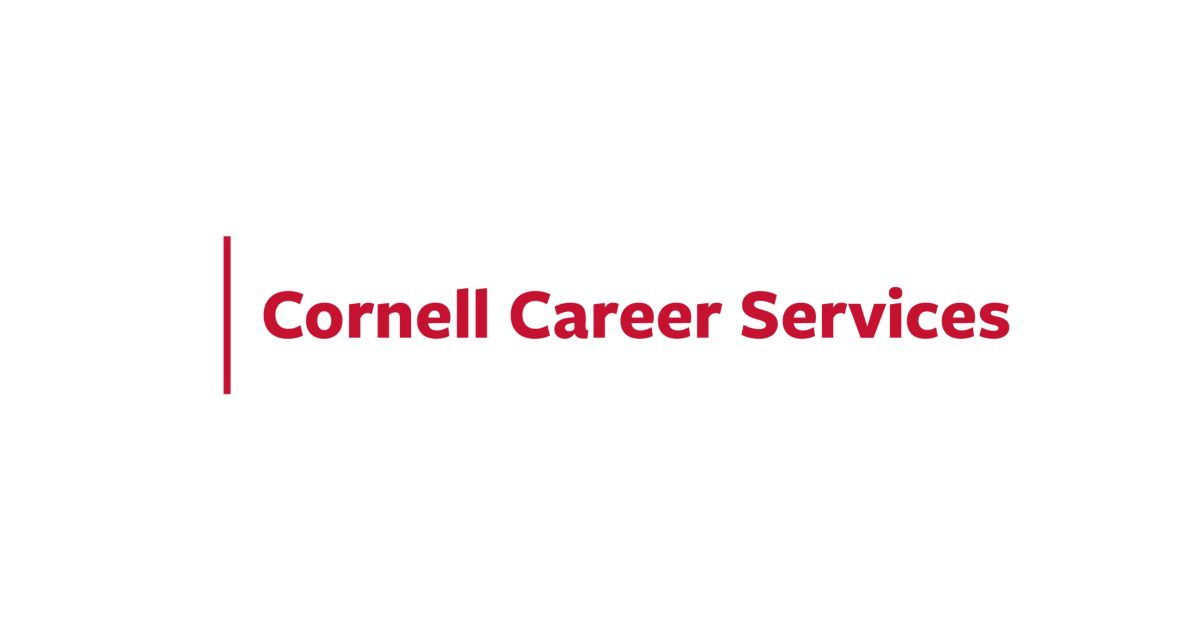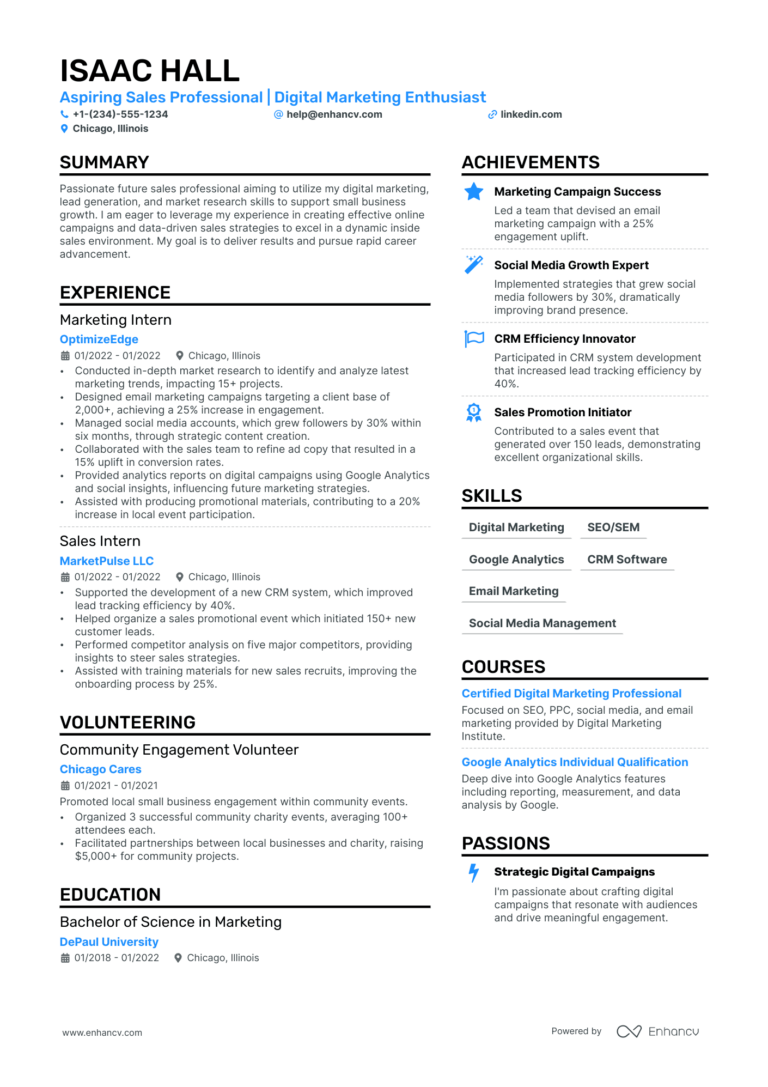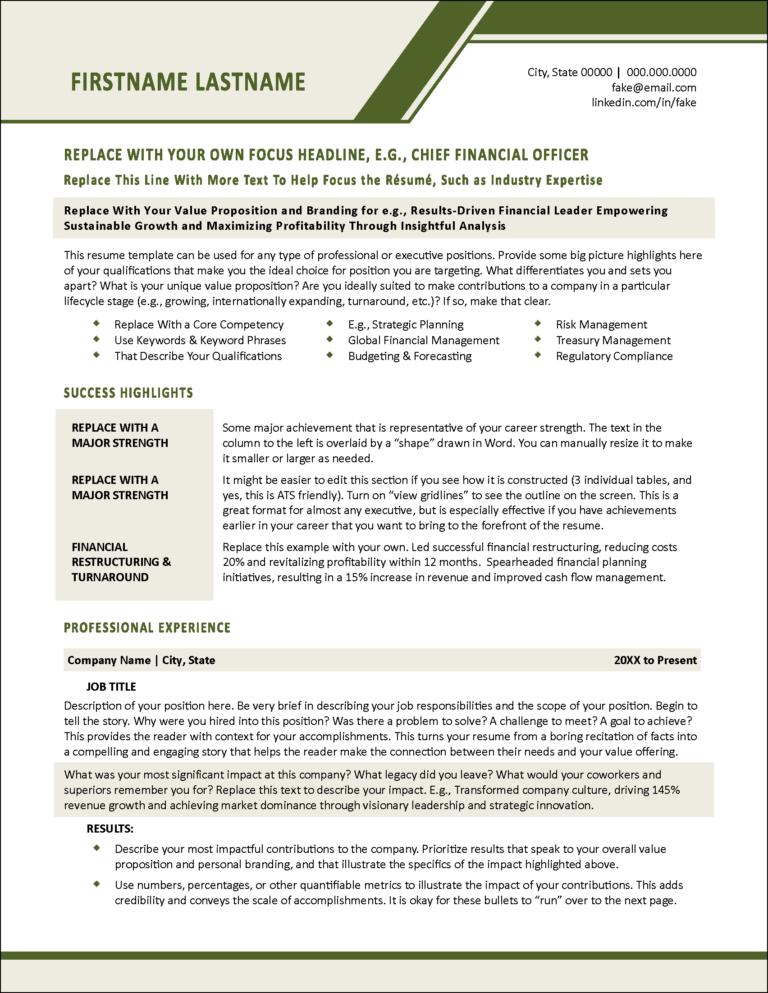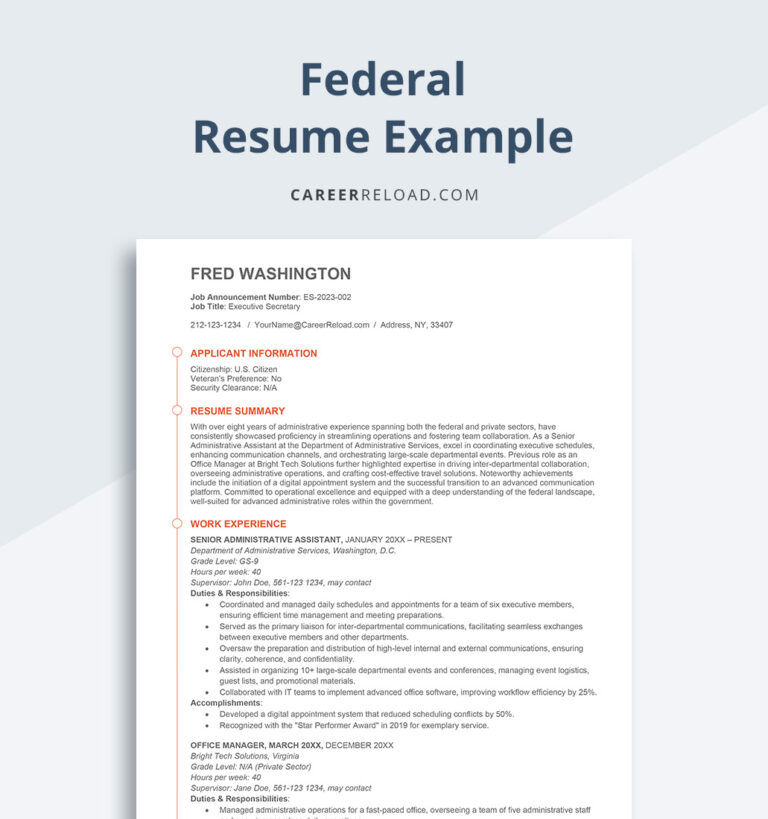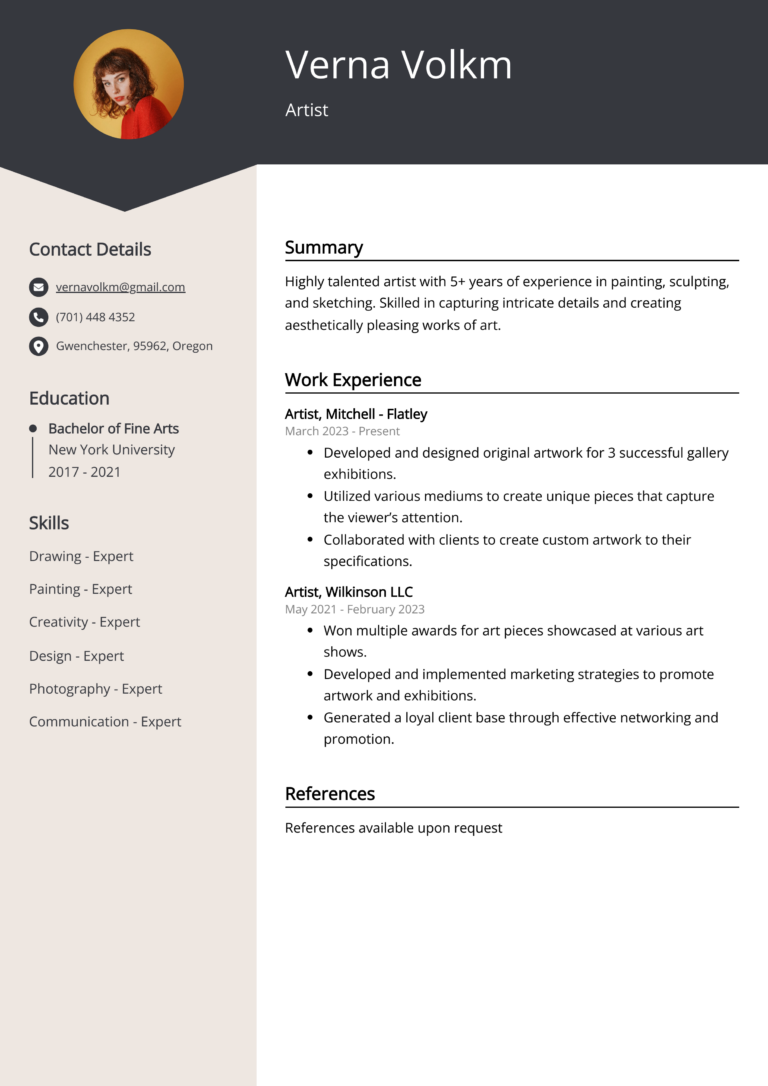Crafting a Standout Resume: A Comprehensive Guide to the Cornell University Resume Template
In the competitive job market, crafting a compelling resume is crucial for making a strong first impression. Cornell University’s resume template offers a proven framework to showcase your skills, experiences, and accomplishments in a clear and effective manner. This guide will delve into the intricacies of the template, providing you with the knowledge and strategies to create a resume that will elevate your job applications.
The Cornell University resume template is not just a static document; it’s a dynamic tool that can be customized to suit your individual needs. By understanding the purpose and importance of each section, you can tailor your resume to specific job applications, highlighting the most relevant information and skills.
Content and Language

Creating a resume that stands out requires using strong action verbs and specific examples. Quantifying accomplishments and using data to support claims adds credibility and impact.
Emphasize Strong Action Verbs
- Use active voice and avoid passive language.
- Choose verbs that convey action and achievement.
- For example, instead of “Responsible for managing projects,” write “Managed multiple projects from inception to completion.”
Provide Specific Examples
- Provide concrete examples to support your claims.
- Quantify your accomplishments whenever possible.
- For example, instead of “Improved customer satisfaction,” write “Increased customer satisfaction by 15% through implementing a new customer feedback system.”
Tailor Your Resume
Customize your resume for each job application.
- Read the job description carefully and identify the key skills and experience required.
- Highlight your relevant skills and experience in your resume.
- Use s from the job description in your resume.
Customization and Variations
The Cornell University Resume Template is designed to be flexible and adaptable to suit the needs of individual job seekers. It provides a solid foundation that can be customized to highlight specific skills, experiences, and accomplishments relevant to different industries and career levels.
Tailoring for Different Industries
The template can be tailored to suit the specific requirements of different industries. For example, a job seeker in the tech industry may choose to emphasize their technical skills and experience in software development, while a candidate in the healthcare field may focus on their clinical experience and certifications.
Variations for Career Levels
The template can also be adapted to different career levels. Entry-level candidates may choose to include a more detailed education section, while experienced professionals may focus on their work experience and accomplishments.
Importance of Proofreading and Feedback
Before submitting a resume, it is crucial to proofread it carefully for any errors in grammar, spelling, or formatting. It is also advisable to seek feedback from trusted sources, such as career counselors or industry professionals, to ensure that the resume is well-written, polished, and effectively communicates the candidate’s qualifications.
Frequently Asked Questions
What are the key benefits of using the Cornell University resume template?
The Cornell University resume template provides a structured and professional framework, making it easier for recruiters to quickly identify your relevant skills and experiences. It also enhances the credibility of your resume, as it is associated with a prestigious academic institution.
How can I customize the template to suit my specific needs?
The Cornell University resume template is designed to be flexible and adaptable. You can adjust the order of sections, add or remove sections as needed, and modify the design elements to create a resume that aligns with your personal brand and career goals.
What are some common mistakes to avoid when using the Cornell University resume template?
Common pitfalls to avoid include using generic language, failing to quantify accomplishments, and providing irrelevant information. It’s important to tailor your resume to each job application, highlighting the skills and experiences that are most relevant to the specific role.
